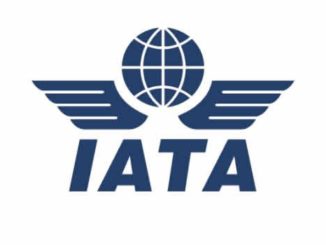
Domestic airlines have concluded plans to dump less-viable routes as skyrocketing aviation fuel prices cause more flight disruptions amid dwindling revenue and rising cost of operations.
Some of the less-lucrative routes are Sokoto, Katsina, Yenogoa, Kebbi, Gombe, Yola, Maiduguri, Bauchi, Ilorin, Jos, Ibadan, Calabar and Akure.
Jet A1 has hit an all-time high of N822/litre in Lagos, N859/litre in Abuja, N852/litre in Port Harcourt, N890/litre, and N892/litre in Yola and Maiduguri respectively.
According to the operators, the increase in the price of jetA1 has affected the profitability of the airline business.
The development came as Nigeria’s oldest airline, Aero Contractors, suspended operations on Wednesday over skyrocketing aviation fuel prices, inflation, and forex scarcity. Domestic operators under the aegis of the Airline Operators of Nigeria had said some carriers might collapse over tough operating environment.
Speaking to The PUNCH in a telephone interview, industry expert and the Chief Executive Officer of the Centurion Aviation Security and Safety Consult, John Ojikutu said, “The high rise in aviation fuel prices did not start today nor did it start earlier than five years ago. It started about 12 to 15 years ago. Prices have been irregularly increased almost monthly in spite of what the government called subsidies to the fuel marketers. Within a year, it has quadrupled from N200/litre to N800/litre.”
“Those in the NNPC, Federation Account Allocation Committee and the CBN should explain. The NNPC should explain why four refineries are not working.
“Operators should have envisaged irregular forex demands in their business plans and that the CBN may not cope always with demands for forex if they are not making contributions in forex earnings into the Federation Account or have domiciliary forex account where such earnings are deposited possibly with interests in local or foreign currency. Without such setup, aviation forex demands will put too much pressure on other social/economic development demands.”
Article first published on the Punch Website



Be the first to comment